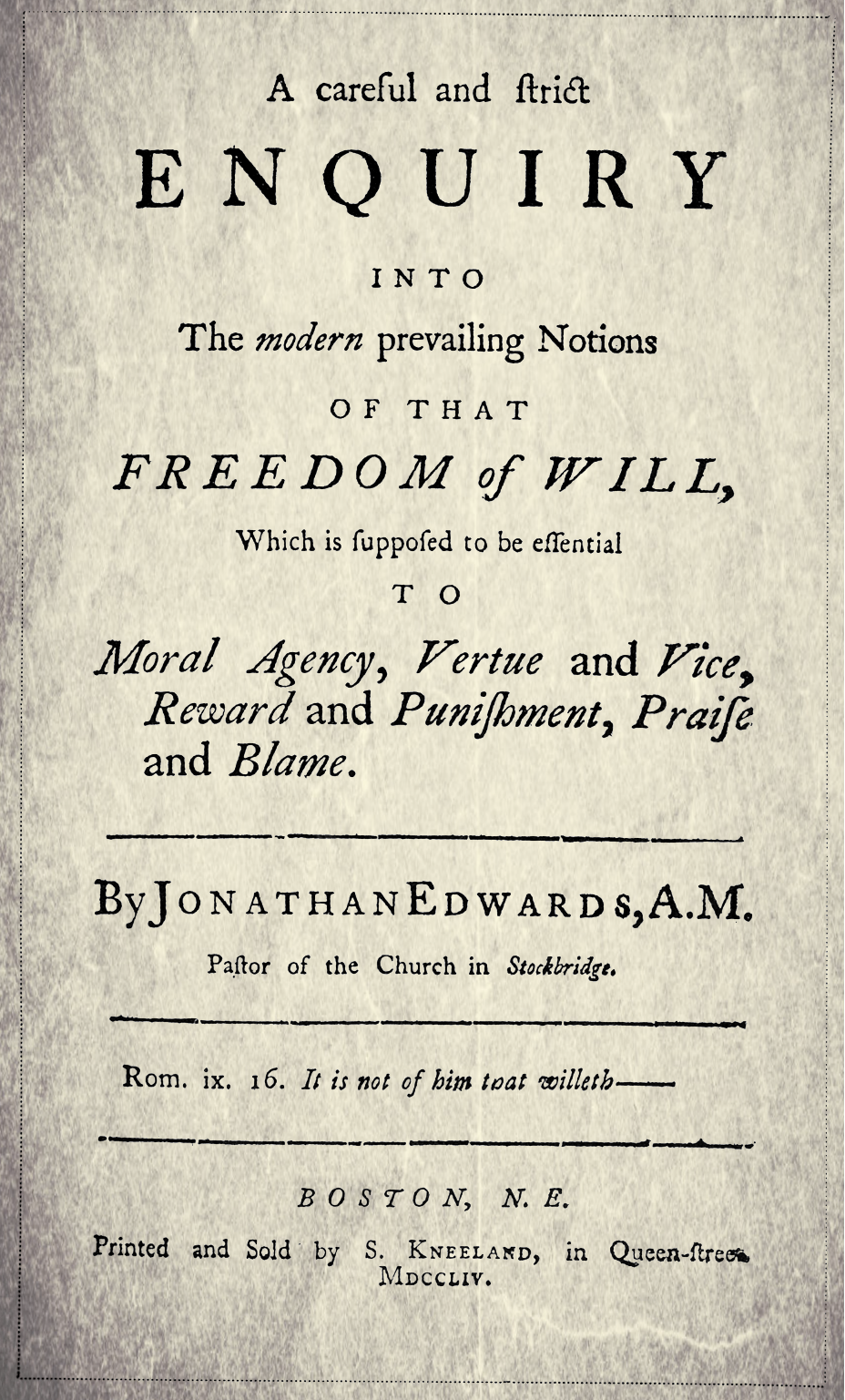- Election (Chapter 3)
- Effectual Calling (chapter 10)
- Regeneration (chapter 11)
- Conversion (chapter 14 Of Saving Faith and chapter 15, the current one on repentance)
- Justification (chapter 11)
- Adoption (chapter 12)
- Sanctification (chapter 13)
- Perseverance (chapter 14)
- Glorification
See this helpful picture by Tim Challies.
It is important to note that here we are speaking of the logical order of salvation and not how we experience salvation. In chapter 11, I argued for “Regeneration Precedes Faith”. From our experience, the new birth and faith in the Lord Jesus happened at the same time. So, when we speak of the Ordo Salutis, we do not mean the order in time, but logically. This has to do more with causation and which one is dependent on the other. Repentance is in stage four. Repentance and faith together constitute conversion and they describe what conversion consists in. There would not be a conversion if there was no regeneration. There would be no regeneration if there was no effectual calling. There would be no effectual calling if there was no sovereign election in eternity past. One is dependent upon the other and springs forth from the other.
§2 God has mercifully provided that believers so sinning and falling be renewed through repentance unto salvation
- Whereas there is none that doth good and sinneth not, 1 and the best of men may, through the power and deceitfulness of their corruption dwelling in them, with the prevalency of temptation, fall into great sins and provocations; 2 God hath, in the covenant of grace, mercifully provided that believers so sinning and falling be renewed through repentance unto salvation. 3
- Ps. 130:3; 143:2; Prov. 20:9; Eccl. 7:20
- 2 Sam. 11:1-27; Luke 22:54-62
- Jer. 32:40; Luke 22:31-32; 1 John 1:9
There is none that doth good and sinneth not; everyone sins (Ps. 130:3). This is the sad reality of fallen man and even of redeemed man. Even Christians, through the power and deceitfulness of their corruption dwelling in them...fall into great sins (David’s adultery in 2 Sam. 11). Those who underestimate the power of sin will certainly fall into it. Sin is powerful and deceiving and it calls us back to itself because it wants us to be its slaves again. But this is the good news when we fall into sin: God hath, in the covenant of grace, mercifully provided that believers so sinning and falling be renewed through repentance unto salvation (Jer. 32:40; 1 John 1:8-9). We are not saved again, but we are renewed and are back in a harmonious relationship with God. The promise of 1 John 1:9 is very dear to me: “If we confess our sins, he is faithful and just to forgive us our sins and to cleanse us from all unrighteousness.” What a gracious and an amazing God we serve. He saved us from all kinds of corruptions and sins, forgiving it completely and keeps to forgive and renew us!
Paragraph 1 dealt with unbelievers turning to Christ, now paragraph 2 deals with Christians turning back to Christ after sin and restoring their relationship to their merciful Savior.
Forgiveness
Christians can testify that they sin daily and seek God’s forgiveness for...










